Who will replace Mark Carney as Bank of England governor?
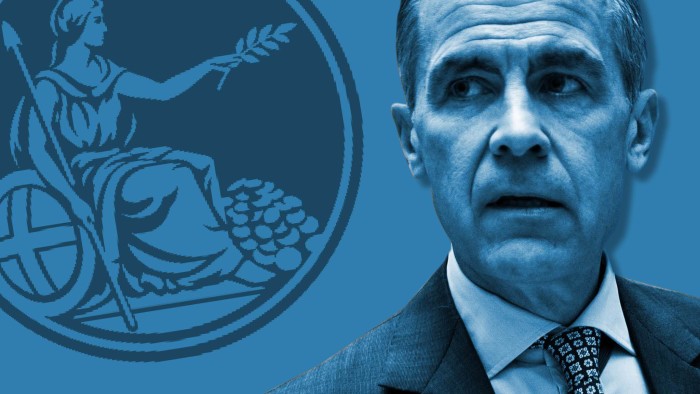
Roula Khalaf, Editor of the FT, selects her favourite stories in this weekly newsletter.
The race to succeed Mark Carney as Bank of England governor is under way.
The post is one of the prime jobs in central banking. The UK is only a medium-sized economy but the BoE governor has a leading role in setting interest rates as well as overseeing the regulation of banks and other companies in the City of London, one of the world’s leading financial centres.
There is no clear frontrunner to succeed Mr Carney, but below are six people considered to be serious contenders to be the next BoE governor after the government started the search on Wednesday.
Andrew Bailey, 60
Chief executive of the Financial Conduct Authority
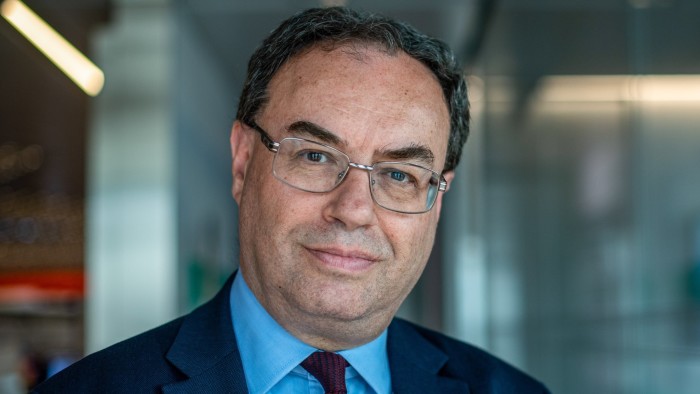
Long seen as well qualified for the BoE governor’s post, Andrew Bailey has served in many of the bank’s top roles, moving to head the FCA in 2016. Regarded as a safe pair of hands, he has vast experience and a global reputation in banking supervision and financial stability. However, he lacks deep experience of monetary policy and would need to convince the government that he would be able to command authority in setting interest rates.
Ben Broadbent, 54
BoE deputy governor for monetary policy
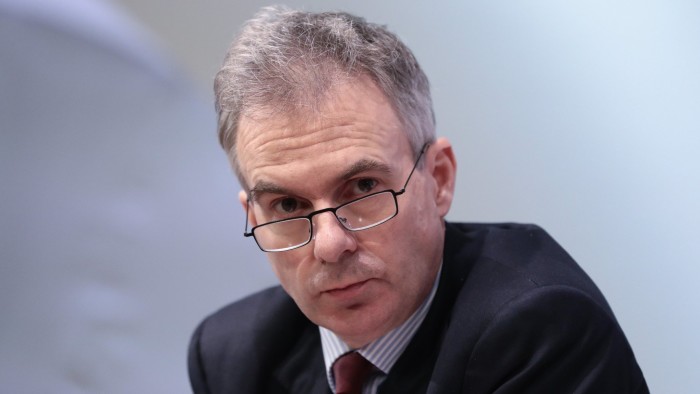
A highly respected economist and thinker on monetary issues, Ben Broadbent currently runs the macroeconomic side of the BoE. He started his career at the Treasury and then built an international reputation as European economist at Goldman Sachs. His challenge will be to demonstrate that he has the capacity to lead a large organisation without making communication errors — such as when he described the UK economy as menopausal, a comment he subsequently apologised for.
Jon Cunliffe, 65
BoE deputy governor for financial stability
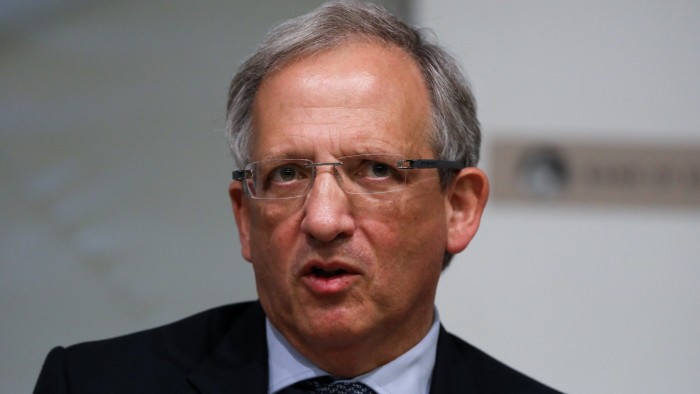
Jon Cunliffe joined the BoE as deputy governor in 2013, after previously serving as a senior Treasury official specialising in international affairs and leading Britain’s representation to the EU in Brussels. In his current role, Sir Jon sits on the BoE’s main policy committees, giving him experience in all aspects of the bank’s work. As a long-serving official, he has had crucial backroom roles and his challenge will be demonstrating his capability to be leader of the central bank.
Raghuram Rajan, 56
Professor, University of Chicago Booth School of Business
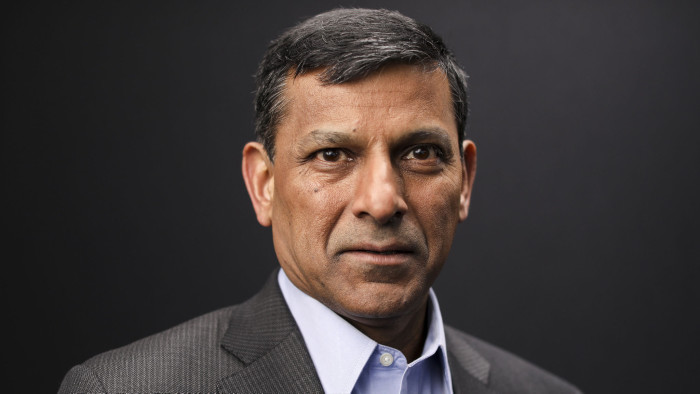
As a former chief economist at the IMF and former governor of the Reserve Bank of India, Raghuram Rajan is well qualified for the role of BoE governor, should he wish to take on the challenge. He also has experience as a central bank governor dealing with a volatile political situation. Known as one of the world’s leading economics thinkers and an adept communicator, his candidature would entail the government deciding whether it wanted a second consecutive foreigner for the role. When asked, Prof Rajan always replies that he has a good job in Chicago and is happy there.
Minouche Shafik, 57
Director, London School of Economics
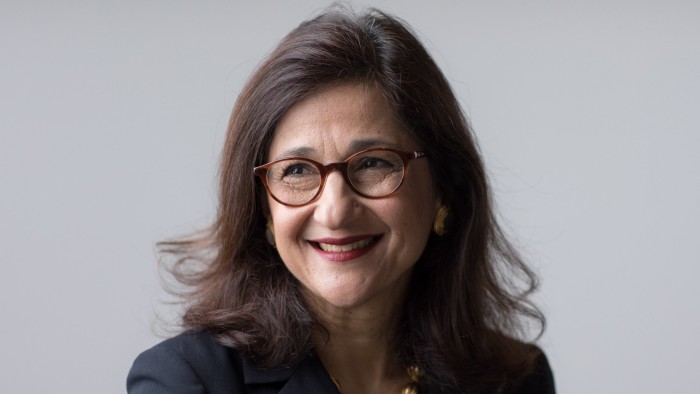
Minouche Shafik was the deputy governor for banking and markets at the BoE between August 2014 and February 2017, but had a difficult relationship with Mr Carney. As a former senior civil servant and a deputy managing director at the IMF, she is known for being a good manager with great staff loyalty. As candidate for the governorship, she would need to demonstrate she has the ability to span the range of the work at the BoE and that she can communicate the bank’s decisions and policy effectively to the public.
Shriti Vadera, 56
Chair of Santander UK
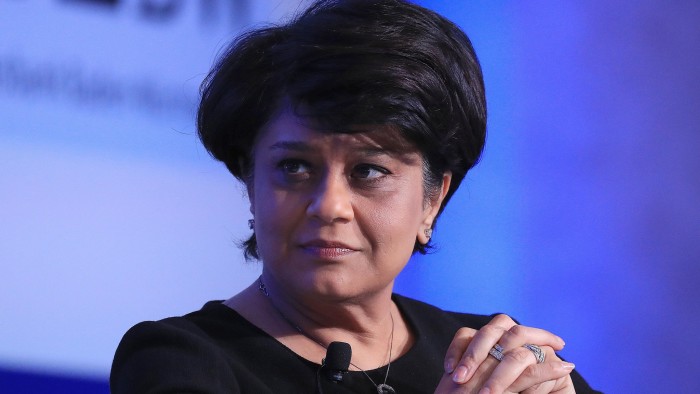
The no-nonsense chair of Santander UK since 2015, Shriti Vadera has had a long career in the private sector, as well as a number of official roles, including as a business minister in Gordon Brown’s government. She recently helped lead the City of London’s response to Brexit, and her role in a Labour government is not seen by the chancellor as a barrier to selection. She is also well known internationally after playing an important part in Britain’s response to the financial crisis, alongside counterparts in other countries. Her challenge will be to demonstrate that she has a suitable range of expertise and that her fiery management style is suitable for the BoE.
Comments